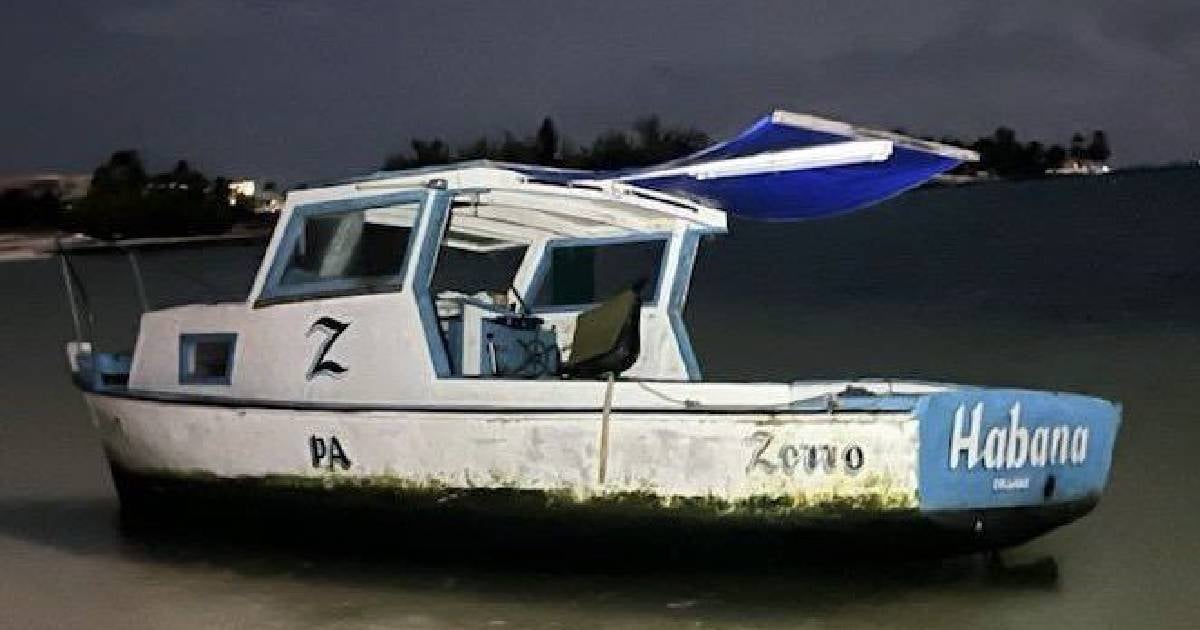The U.S. Immigration authorities have released several of the 43 Cuban rafters who landed on Marathon Key, Florida, on September 17. Among the migrants were families with children, including a 10-month-old baby. Many were released with electronic shackles and an I-220A form, allowing them to stay temporarily in the country, confirmed Martí Noticias.
The group departed from Cuba on a fishing boat from Cojímar and arrived at Sombrero Beach on Marathon Key. The couple with the baby explained that they decided to risk the journey due to the severe crisis on the island, characterized by product shortages and constant power outages.
"We love Cuba, but there are no opportunities. If I protest, I go to prison," the father of the baby stated. He mentioned that they initially tried to leave through Nicaragua, but the cancellation of their flight led them to take the risky sea journey.
Dangerous Journeys and Legal Limbo
According to immigration attorney Willy Allen, many migrants arriving by sea are processed and released under certain conditions, while others are deported. The International Organization for Migration has reported at least 142 migrants missing or deceased in the Florida Straits area this year, of which at least 30 were Cuban.
In response to the increase in migratory activities, the Department of Homeland Security has implemented new surveillance measures in South Florida, including the use of the aerostat "Argos 2." Cuba is experiencing an unprecedented wave of migration, with 208,308 Cubans arriving in the U.S. in the current fiscal year, according to CBP data.
Thousands of Cubans have been released with the I-220A form and are in a legal limbo because this form does not allow them to qualify for the Cuban Adjustment Act.
